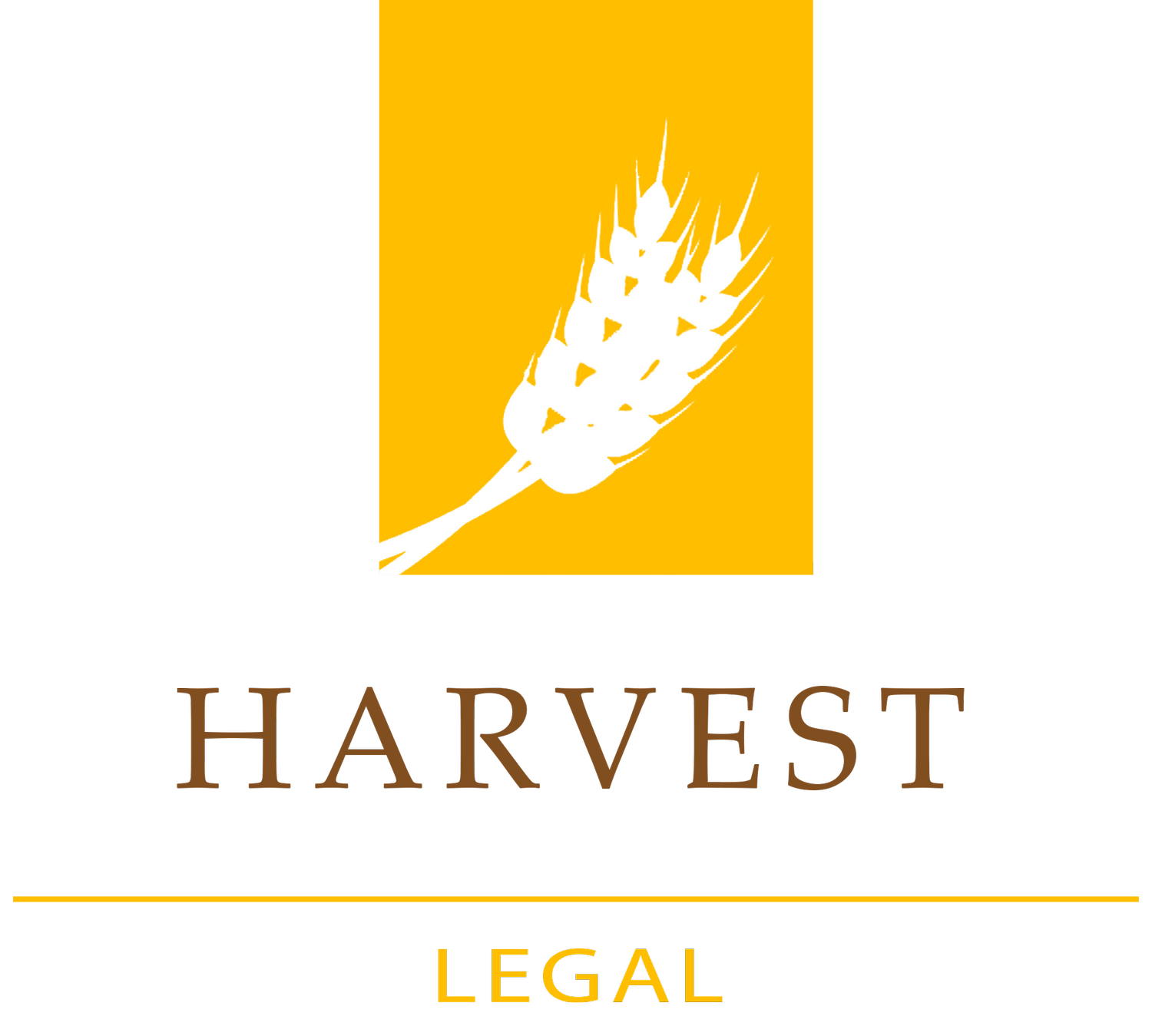Decoding the Corporate Transparency Act: A Guide for Businesses
MARCH 2 UPDATE: The Treasury has announced that enforcement of the CTA against U.S. citizens and domestic companies has been suspended. Further, it appears that the Treasury is going to change the regulation to eliminate the CTA reporting requirements for citizens and domestic companies altogether. https://home.treasury.gov/news/press-releases/sb0038
This article provides an overview of the Corporate Transparency Act (CTA) and its beneficial ownership reporting requirements for businesses operating in Emporia, Council Grove, Burlington and beyond. This compliance information is for general knowledge purposes only and does not constitute legal advice. Businesses should consult with a qualified attorney to address specific legal situations.
The Purpose of the CTA
Congress enacted the CTA to combat financial crimes, including money laundering and the financing of terrorism. By increasing transparency regarding business ownership, the Act aims to prevent the use of shell companies and anonymous ownership structures to conceal illicit activities.
Understanding Beneficial Ownership
The CTA mandates that most corporations, LLCs, and similar entities report their beneficial owners to the Financial Crimes Enforcement Network (FinCEN). A beneficial owner is defined as any individual who directly or indirectly exercises substantial control over an entity -- or owns or controls 25% or more of the ownership interests. This requirement focuses on identifying the individuals who ultimately control and benefit from a business.
Reporting Requirements for Businesses
While certain exemptions exist for publicly traded companies and some regulated entities, the majority of small- and medium-sized businesses in Emporia, Council Grove, Burlington and surrounding Kansas cities will likely be required to file a report.
It is strongly recommended that businesses consult with legal counsel to determine their specific reporting obligations.
Required Information for Reporting
Reporting companies must submit a Beneficial Ownership Information (BOI) Report about themselves and their beneficial owners. This includes details such as full legal names, dates of birth, current addresses, and identifying numbers, like driver's license or passport numbers.
Important Update: Reporting Deadlines
FinCEN has announced revisions to the reporting deadlines:
For most entities: The new FinCEN reporting deadline is March 21, 2025. As with this whole process, this is subject to change at any time.
If your entity was given a reporting deadline after March 21, 2025, that is your deadline to file the BOI Report.
Recommended Actions for Businesses
Even with the deadline extensions, businesses are strongly encouraged to begin gathering the necessary information and consult with legal counsel promptly. Your proactive preparation can mitigate potential complications and penalties associated with non-compliance.
Civil penalties can be up to $5,000 for each violation, and each day a violation continues constitutes a separate violation. Criminal penalties can include up to five years of imprisonment.
How Can Your Lawyer Help?
Navigating the complexities of the CTA can be challenging, and the penalties for non-compliance are substantial. Lawyers can provide valuable assistance to businesses by:
· clarifying reporting requirements
· ensuring accurate data collection
· facilitating timely filing
· offering guidance on related legal matters, including corporate law, business law, real estate transactions, estate planning, and family law
Understanding and adhering to the CTA's requirements should be a priority for your business. Contact Harvest Legal today to schedule a consultation to ensure compliance and protect your business interests.



